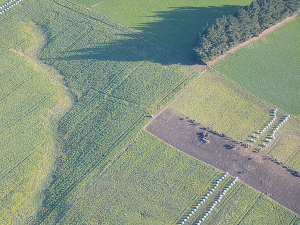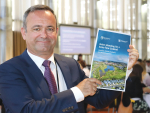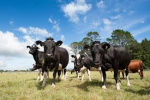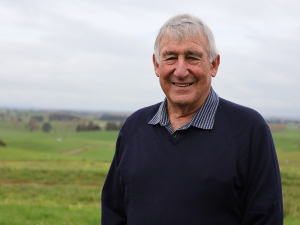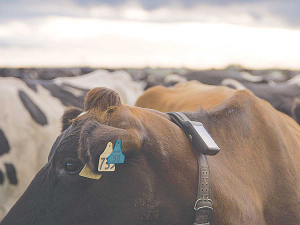DairyNZ has seen a significant increase in the number of farmers improving their wintering practices, which results in a higher standard of animal care and environmental protection.
This year, 86% of wintering survey respondents implemented at least five good management practices, to support their cows and manage winter conditions, an increase from 74% in 2023.
DairyNZ senior environment specialist Justin Kitto says this improvement is the result of an intense five-year focus on optimising animal wellbeing and productivity, while protecting the environment.
"It's not a simple task, but one that farmers are clearly focused on achieving," says Kitto.
"The work involved in improving wintering practices include providing comfortable lying surfaces, excluding stock from waterways, and protecting critical source areas."
Kitto says the findings emphasise the expanding range of tools in the toolbox.
"DairyNZ's role is to support that depth of options for farmers to run their businesses sustainably and profitably. A range of farm-specific tactics is the best bet to ensure the best outcomes for both cows and environment."
Read More
Other strategies used to minimise mud and improve lying conditions include temporary fences to protect previously grazed areas), portable troughs, providing extra straw as a dry bedding material and moving the break fence multiple times a day.
The number of farmers who had written plans remained stable at 80%, which is significantly higher than earlier years, and important because farmers with wintering plans implement more good wintering practices than those without one.
Use of contingency plans for bad weather also increased to 74%, which was substantially higher than the year before.
"This is crucial to ensure the whole farm team knows what to do when bad weather hits," says Kitto.
"Winter weather is always an unknown, but the certain thing is that in rain or shine, New Zealand dairy farmers know they need to care for their animals and land, right through to the end of winter, and that is what we have seen."
Additionally, the results showed that 99% of respondents had their stock excluded from waterways, while 100% had buffers around waterways to filter contaminants before they reach a waterway.
"Farmers should be proud of the work they have done to improve winter management practice over the past few years, and especially the continued dedication this past season. This work is being recognised."

